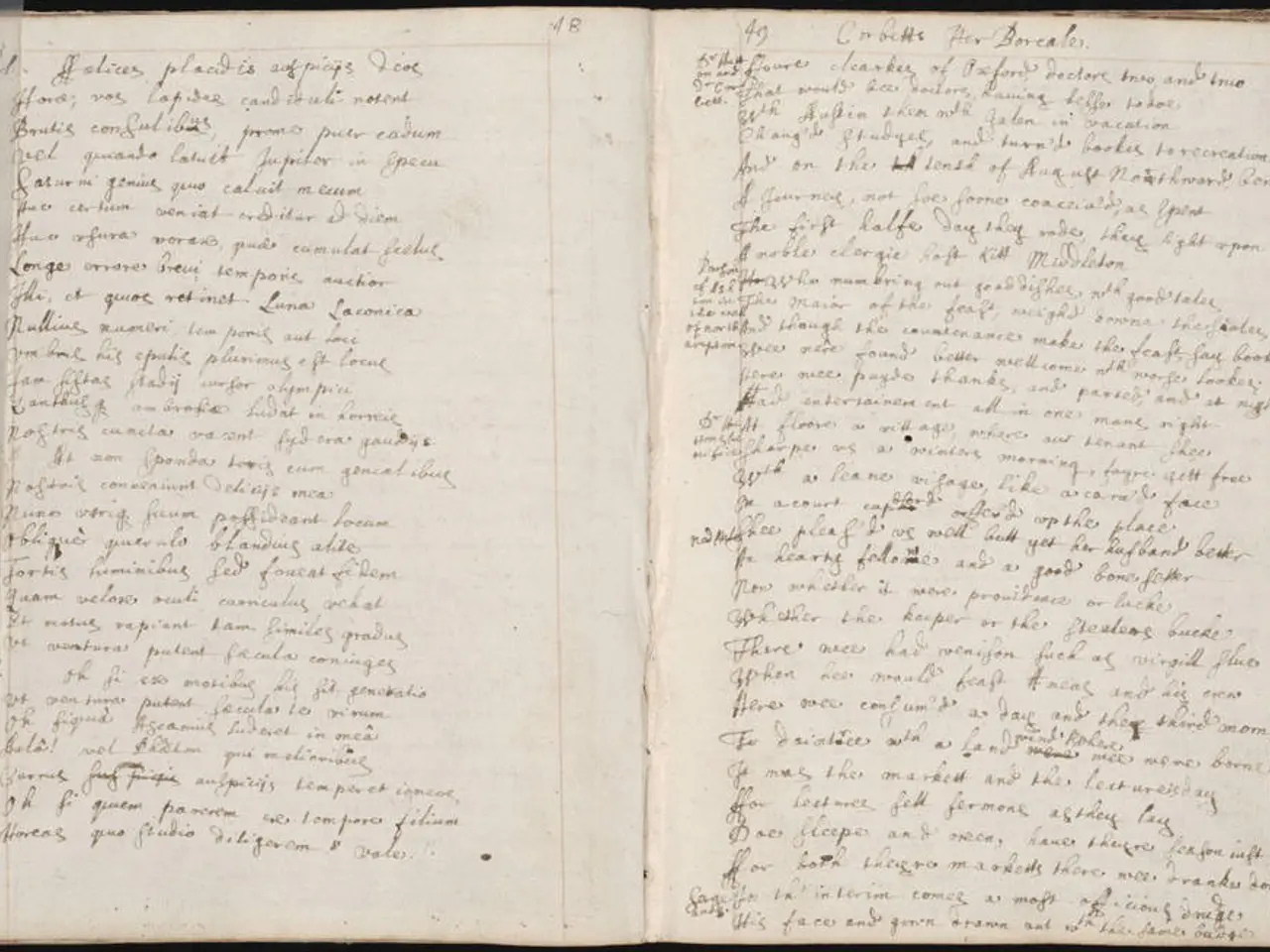Strategies for Acing English Literature in A-Level Examinations
Revising for English Literature A-Level exams can be a challenging yet rewarding process. Here's a comprehensive guide to help you navigate this journey effectively.
## Understanding the Exam Structure
Familiarise yourself with the exam format, understanding the types of questions, time constraints, and the specific texts you will be assessed on. Knowing the mark scheme is also crucial, focusing on key criteria such as analysis, interpretation, and language use.
## Revision Strategies
Creating a revision schedule is essential to ensure consistent and regular study. Engage with the material actively by recalling key points, such as character developments, themes, and significant quotations. Practice with past papers to simulate the real test experience and improve your timing and response skills. Collaborative learning, through discussions with peers or tutors, can deepen your understanding and provide diverse insights.
## Effective Revision Techniques
Spaced repetition, where you review material at increasingly longer intervals, can reinforce long-term memory. Flashcards are useful for quickly recalling key terms, quotes, or concepts. Timed practice essays can improve your writing speed and argumentation skills.
## Analytical Skills Development
Analyzing unseen texts helps develop your analytical and critical thinking skills. Focusing on key themes and character developments ensures a thorough understanding of the texts you're studying.
## Managing Stress and Time
Balancing revision with rest is important. Ensure you get enough rest and engage in activities that help manage stress. Regularly review your progress and adjust your revision strategy as needed.
## Revision Techniques for English Literature A-Level
Minimizing distractions, such as putting the phone on silent mode, wearing headphones, or finding a quiet room, can enhance focus during study sessions. Key terms to consider include Outline, Describe, Explain, Analyze, and Discuss. Shakespeare may be a key topic, so studying plays that have not appeared in previous exams can be beneficial.
Mind maps can be used in revision, with the selected topic at the centre and specific points about that topic on each strand. Revision may require different strategies for each topic, with a focus on using keywords, quotes, and creating a consistent argument that follows the exam question.
## Utilising Revision Tools
Highlighters can be used to highlight keywords and quotes in revision materials. Structuring a revision timetable during free periods or outside college hours can help focus on a particular text. Revision tools can vary for each person, and it's important to find which tools work best for the individual.
If necessary, taking an English Literature A-Level course online can be a helpful option for re-sitting the exam. The goal of revision is to prepare for university, whether studying English or another subject.
By implementing these strategies, you can effectively prepare for and pass your English Literature A-Level exams. Remember, consistent effort and a well-planned approach are key to success.
During your revision journey for English Literature A-Level, consider incorporating coding and online education for promoting self-development. For instance, you can create mind maps online to structure your revision or utilize digital flashcards for efficient learning of key terms and quotes. Additionally, online courses in English Literature can serve as an effective tool for re-sitting the exam if needed, contributing to your overall education-and-self-development endeavors.




